
I am going to be a Big sister , ad, Big, sister Irmãs mais velhas, Ilustração vetorial, Irmã
To be going to means that someone will do something in the future. Or something will happen in the future. In English, the future can be formed using such forms of the future tenses as: Future simple. Future continuous. Future Perfect. Future Perfect continuous. But besides these forms, there are other ways how we can tell about the future.

I am going to грамматика ENGLISH 5 MINUTES
BE GOING TO in the Past Tense. When BE GOING TO is used in the past tense, it refers to something that was going to happen but in the end it did not happen. Examples: I was going to call you but I lost your phone number. It was going to rain but suddenly the sun appeared. We were going to buy a new TV but then we changed our minds.

How ever you are going to be, I am going to be me. Deal with it. Post by CurrentNobody on
It means the intention to do something in the future. to be going to + infinitive We normally but "going to" into the present or the past. In the present tense the verb be becomes am, is, are depending on the pronoun. We form negative and question sentences according to the rules of the present continuous

I'm Going To Be A Brother
Grammar explanation We use different verb forms to talk about our plans for the future, depending on what kind of plan it is: a spontaneous plan, a pre-decided plan or an arrangement. will We use will to talk about spontaneous plans decided at the moment of speaking. Oops, I forgot to phone Mum! I'll do it after dinner.

The English Teacher VERB TENSES 4 FUTURE FORMS BE GOING TO
What's the difference? 'Will' and 'be going to' More examples: (The phone rings) Julie: I 'll get it! ('I'm going to get it' is very strange, because it makes us think that Julie knew the phone was going to ring before it did). I 'm going to go on holiday next week.
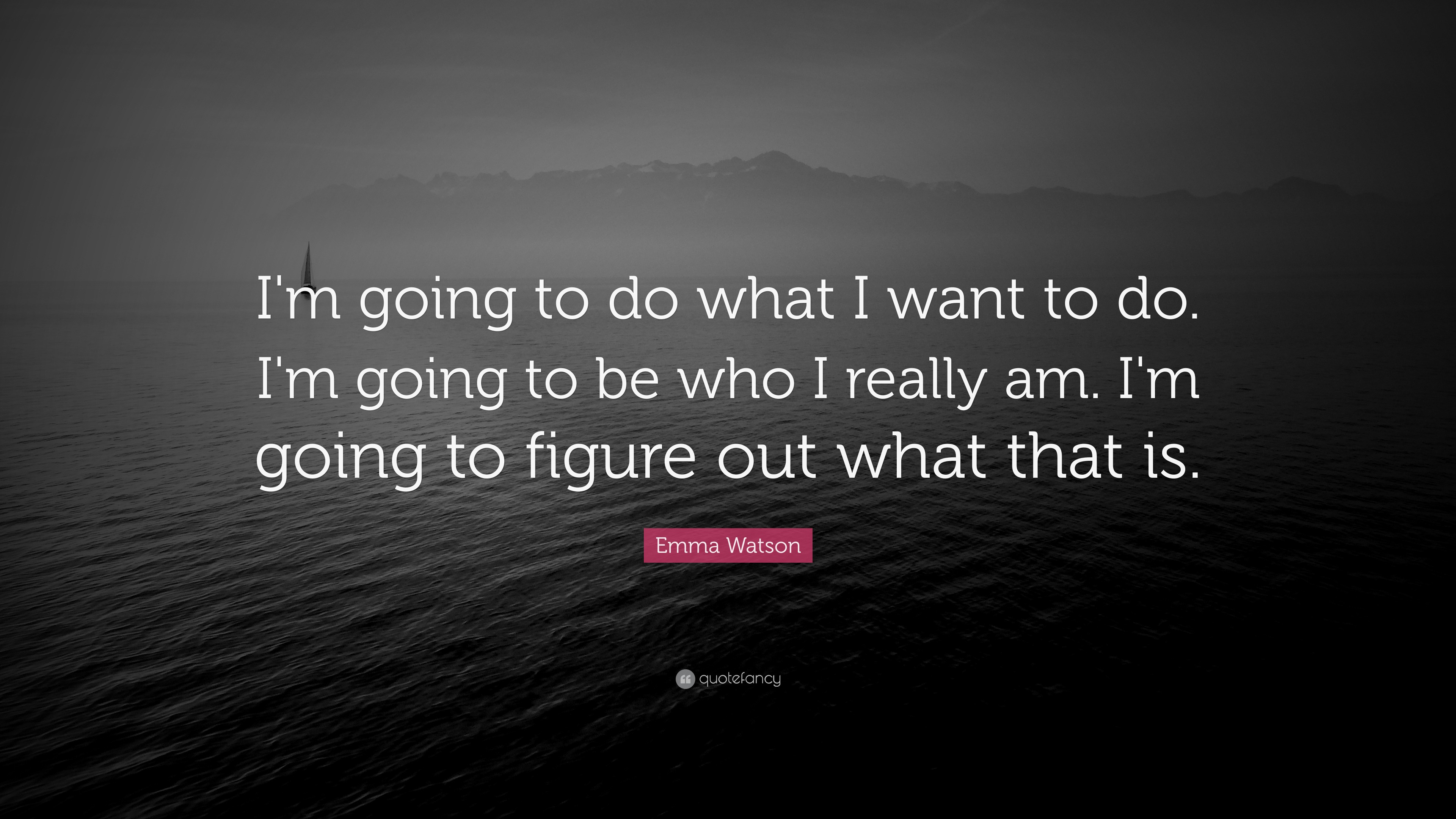
Emma Watson Quote “I'm going to do what I want to do. I'm going to be who I really am. I'm
Official video forThe Proclaimers - "I'm Gonna Be (500 Miles)" from the album 'Sunshine on Leith'LyricsWhen I wake up, well, I know I'm gonna beI'm gonna be.
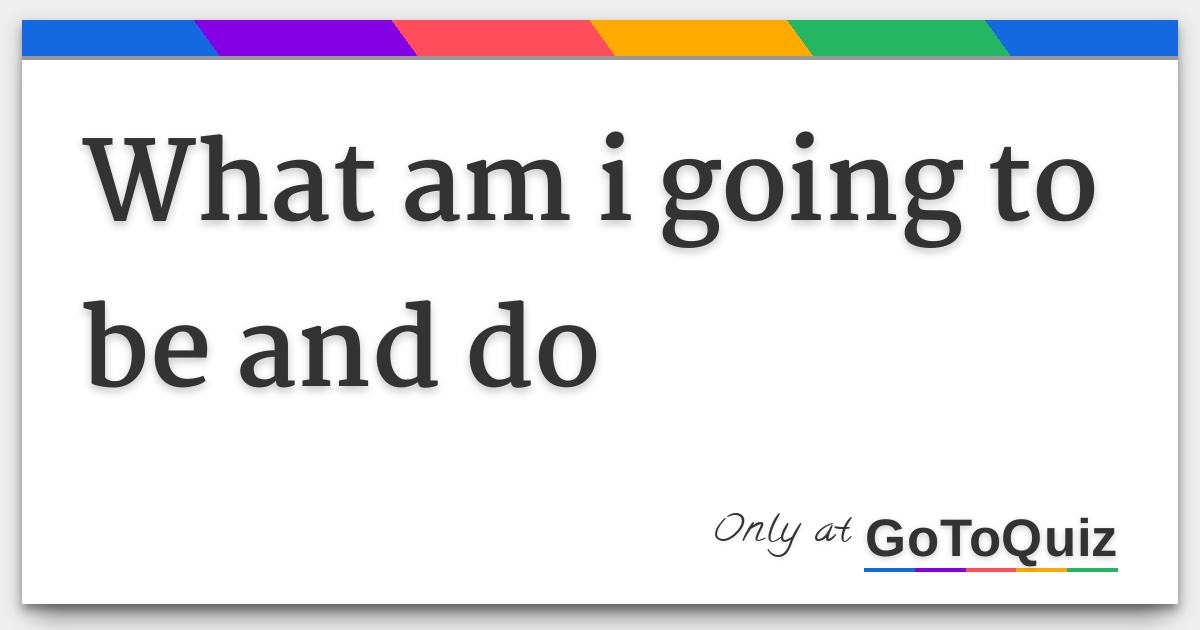
what am i going to be and do
Be going to: form We use be going to + the base form of the verb: I'm going to take a few exams at the end of the year. It's going to be difficult to get a job during the summer as the tourist industry is suffering from the economic downturn. Be going to: uses Be going to is commonly used in informal styles. Intentions

KEEP CALM I AM GOING TO BE A GODMOTHER Poster znnyl Keep CalmoMatic
The future tense with going to, also simple future, expresses a logical prediction for the future or an intention or plan which has already been decided. This tense is constructed with: be + going to + infinitive. Learn how to conjugate the future tense with going to in English grammar and get tips on its usage.
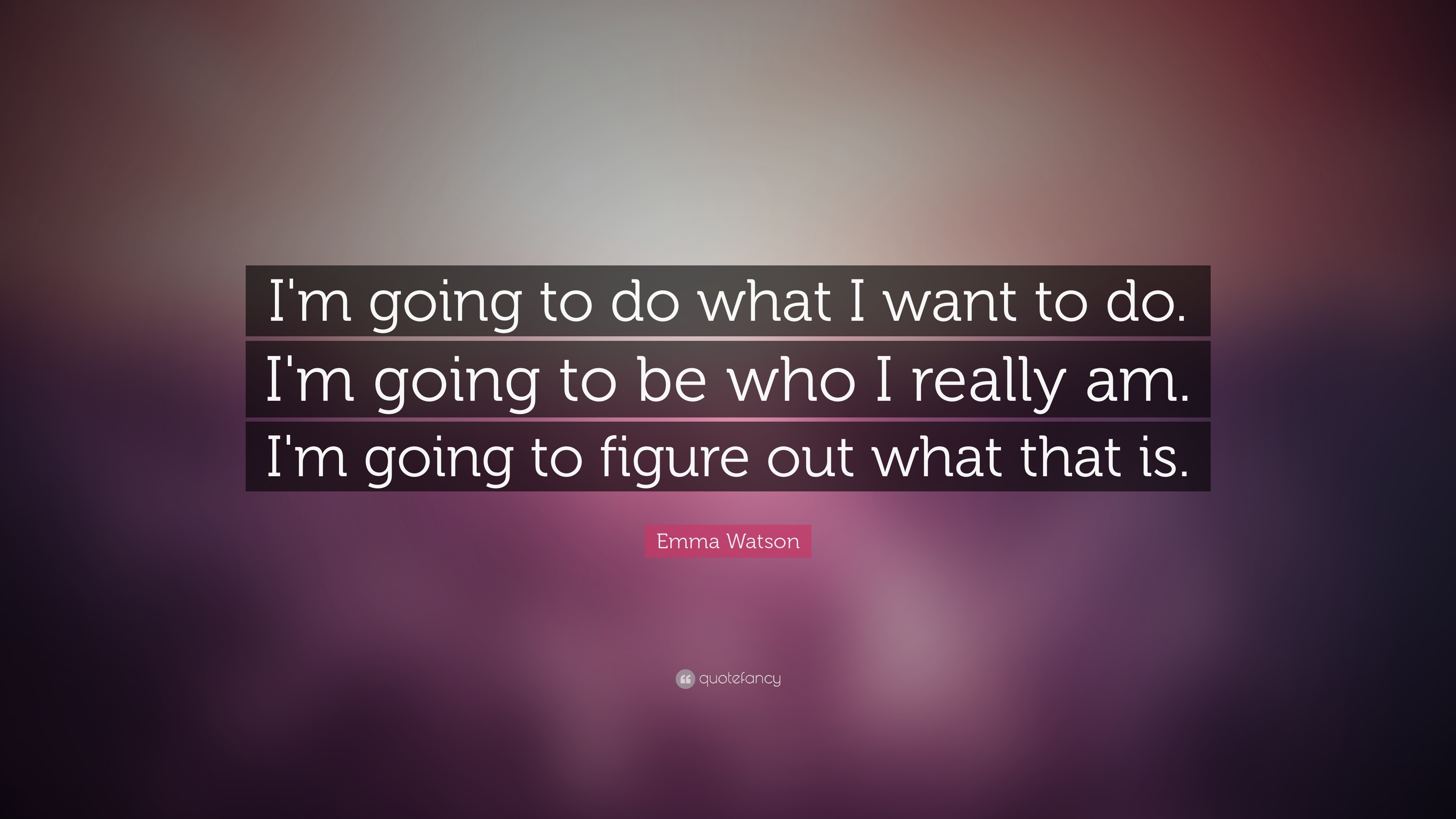
Emma Watson Quotes (5 wallpapers) Quotefancy
from English Grammar Today Going to: present continuous We use the present continuous form of the verb go + preposition to + noun phrase to talk about movement in relation to a place or a person in the present: Are you going to Maggie's party tonight? I'm going to the shops. Do you want anything? Going to: future
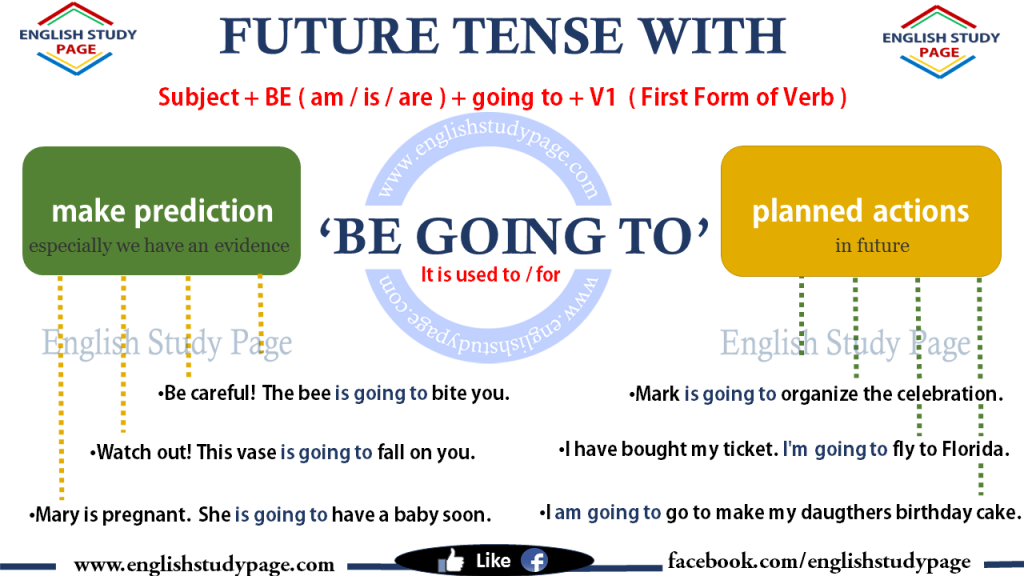
Future Tense with Be Going To English Study Page
Updated on May 2, 2023. The simple future is a verb tense that's used to talk about things that haven't happened yet. This year, Jen will read War and Peace. It will be hard, but she's determined to do it. Use the simple future to talk about an action or condition that will begin and end in the future.
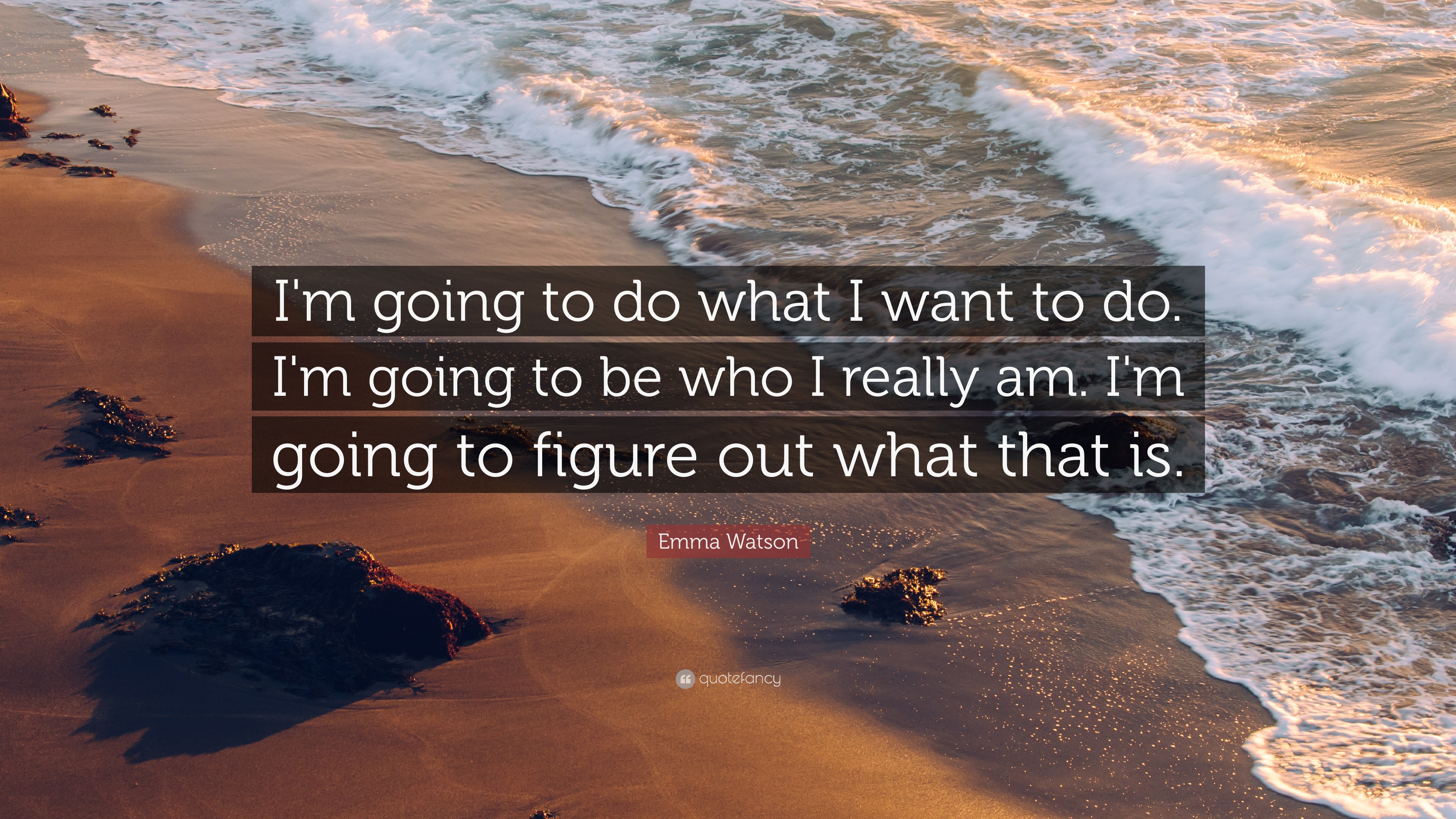
Emma Watson Quote “I'm going to do what I want to do. I'm going to be who I really am. I'm
The structure of going to is: subject + be + going + to-infinitive The verb be is conjugated. Look at these examples: How do we use going to? going to for intention We use going to when we have the intention to do something before we speak. We have already made a decision before speaking. Look at these examples: Jo has won the lottery.
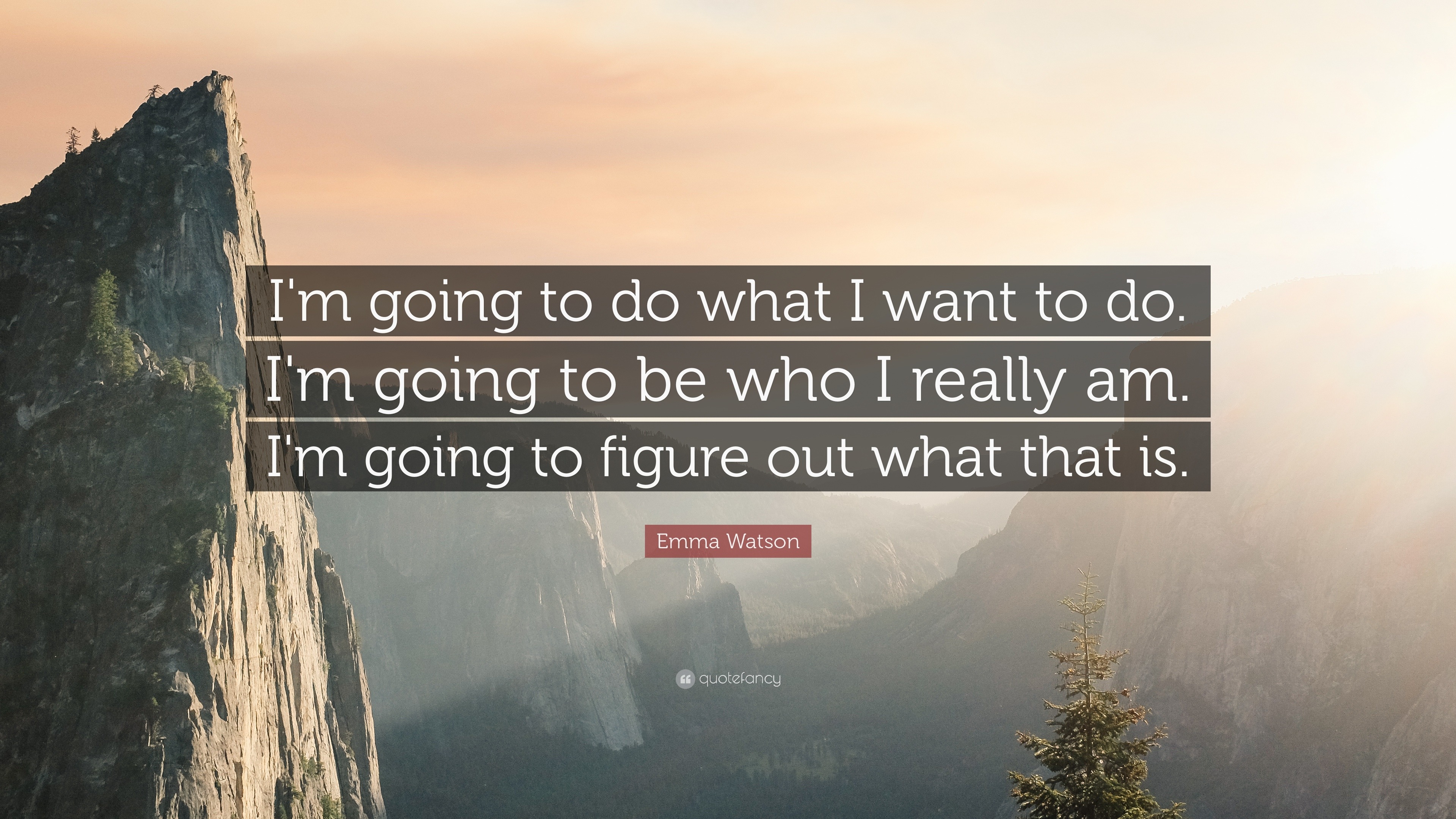
Emma Watson Quote “I'm going to do what I want to do. I'm going to be who I really am. I'm
New Member. Dutch. Jun 13, 2021. #4. I've only heard it being used in the specific form of "going to be going to college", in the sense that someone is not going to college as of yet, but will be going in the near future. As a native Dutch speaker it sounded kind of strange to me at first, but I understand that when someone for instance says "I.
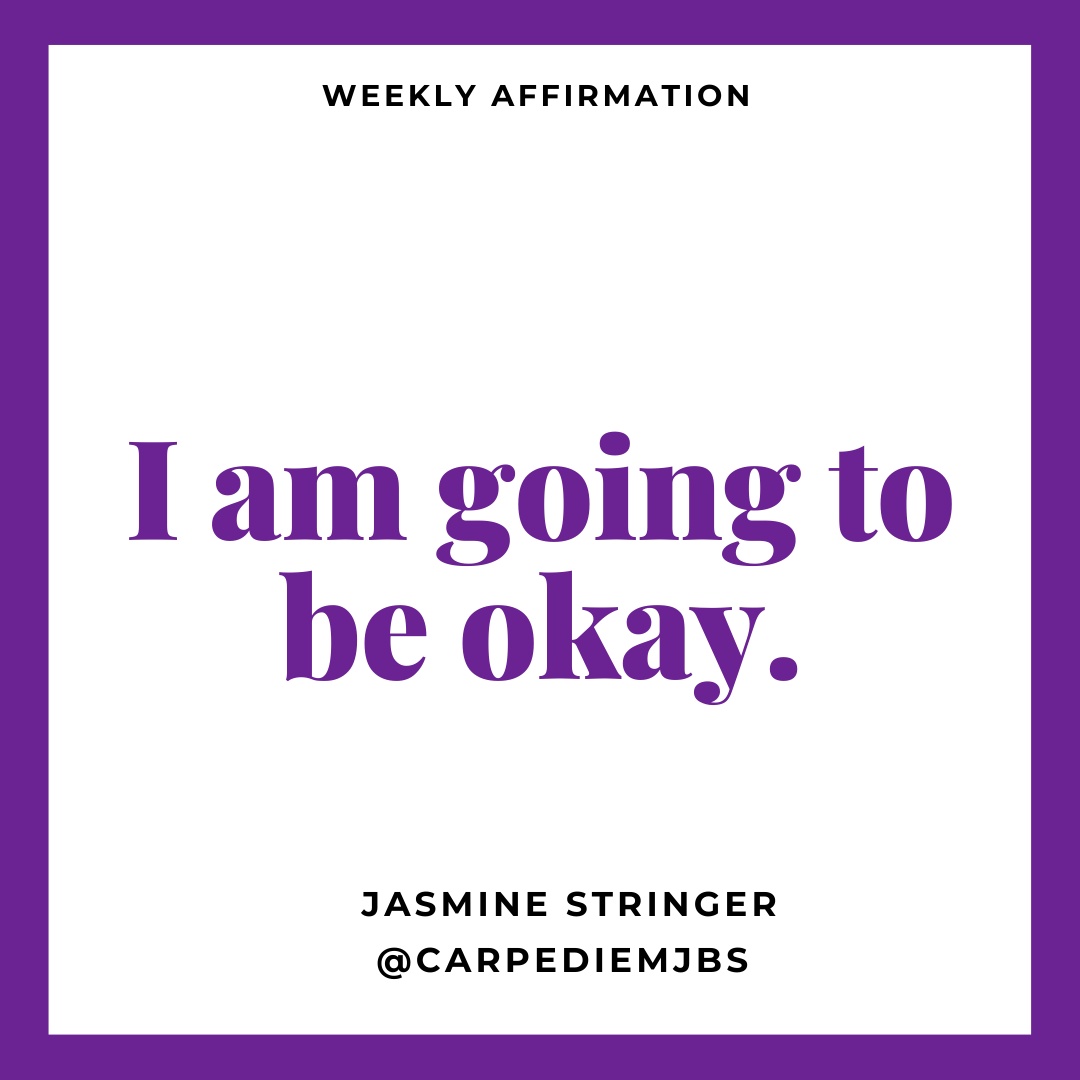
I am going to be okay
1 1) I am going to go watch a game. 2) I am going to a game. 3) I am going to golf. 4) I am going to go golfing. What are the differences and similarities between and among sentences 1,2,3 and 4? 5) I am going to Canada. 6) I am going fishing.

I Am Going To Be Strong Today Pictures, Photos, and Images for Facebook, Tumblr, Pinterest, and
Will vs. Going To. The real difference in meaning between "will" and "going to" lies in their time frames. In spelling and grammar rules, "will" is commonly used in formal settings and often depicts a certain action that will happen soon. It's usually more spontaneous than "be going to," which refers to future events that have been planned.
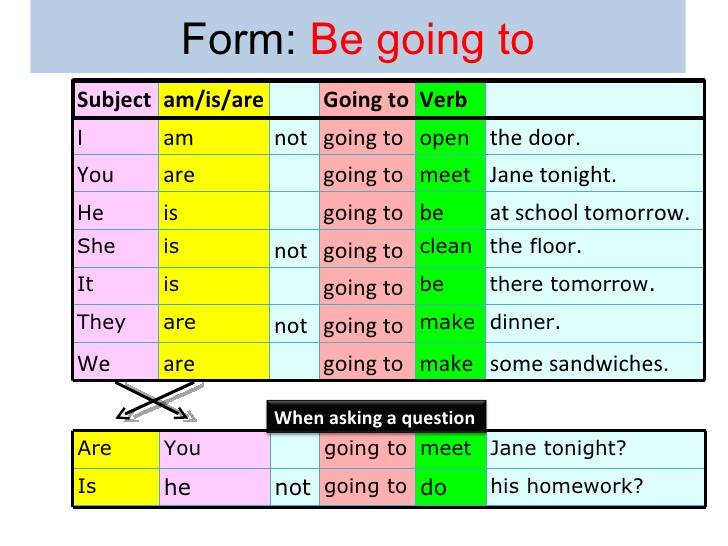
Form Be going to English Grammar PDF Notes
Florida Gov. Ron DeSantis and former U.N. Ambassador Nikki Haley squared off in the final Republican debate before the Iowa caucuses.

Be going to en inglés y presente continuo Formas futuras en inglés
The phrase "be going to" is always followed by the base form of the main verb. The verb "be" needs to be conjugated according to the subject of the sentence. For example, "I am going to," "she is going to," "they are going to," etc. The negative form of be going to is formed by adding "not" between "be" and "going.".